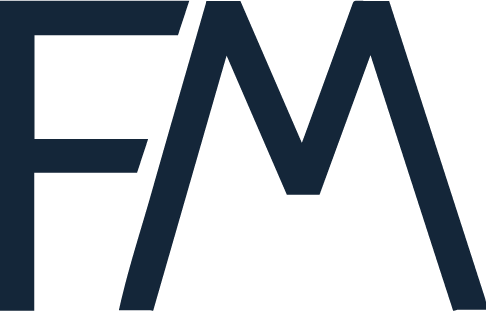Business and Entrepreneurship
The bachelor gave me multiple opportunities for developing myself in Business and Entrepreneurship. During Patents, Design Rights and Standards I have learned about the complicated world of patent law. Besides this, the course Design Innovation Methods taught me about different methods of analyzing a product or company through various business model templates.
At the moment I practice this area of expertise through contact with various stakeholders, working in multidisciplinary teams and presenting and pitching my work in a professional manner.
In my future as a designer, I see myself working with or for a company in a multidisciplinary team in which I can make my contribution through my expertise in design.
Creativity and Aesthetics
This has always been one of my strongest expertise areas as can also be seen in the extracurricular activities I take part in. I enjoy capturing moments and visualizing ideas using different means like Adobe Illustrator, Adobe InDesign, photography paint, pencil, and markers.
Throughout my bachelor's degree I have learned to use this in an exploratory manner through the courses of Exploratory Sketching and Exploratory Making, both providing me different techniques to translate my ideas into valuable visualizations of concepts. Besides this, Aesthetics of Interaction has taught me about the influence of the aesthetics of the product on the way that the user interacts with it.
During my projects, my experience in this expertise area can both be found in the brainstorming phase of projects by using exploratory methods, but also in the presentation of the product, using visualization as an important method of communication. Improving myself in these skills is a continuous practice that I will continue developing during my masters.
Math, Data and Computing
While the main basics of this expertise area were taught in courses like Calculus, Data analytics for engineers and Making sense of Sensors, the projects and course provided numerous opportunities to develop in the collection and analysis of data.
Many of the courses I followed included academic data collection, both qualitative and quantitative. This is why I am confident in the analysis of this data using various methods like qualitative data coding and analysis of quantitative data using Python.
While I do not want to specialize in this expertise area, I do see that these methods are useful during future design processes, especially in the validation or user testing phases.
Technology and Realization
This expertise area has been integrated into projects and courses during the bachelor in different manners. In various prototypes, sensors and activators have been used in combination with programming software like processing during Creative Programming or Arduino during Creative Electronics. These skills are reoccurring throughout other projects in the Bachelor.
Besides this I have also created prototypes using 3D printing methods as taught in Creative mechanical designing engineering and manufacturing. This has given me experience using SolidWorks and turning digital 3D models into physical prototypes.
Another method of digital prototyping is the creation of apps, in my case specifically using Adobe XD as can be seen in my Final Bachelor Project. Turning a concept into an actual working and testable product.
These are all crucial elements in the realization of concepts because besides showing the looks of a product, the interaction can be presented.
User and Society
As can be seen in most of the courses and projects I have completed, the user plays an enormous role in design processes. The bachelor introduced this by the course of User-Centered Design, in which personas and user test were introduced. Besides this I have learned a lot about understanding the context of the user and the society they come from though the course Intercultural Design.
This is also why I wanted to specialize more in this expertise area by following Intro to Psychology and Technology and Brain, Body and Behavior from the Psychology and Technology department, in order to understand how humans and their brains work. The Secret life of Light USE track provided a possibility to combine knowledge from both departments into lighting design.
Based on this knowledge, users have had crucial roles in all projects 1, 2, 3 and the final bachelor project through interviews and user tests. These user-centered design processes will form a base for projects later on and during my masters.
Design research processes
Research plays a significant role in design projects. While these processes are introduced by the course Design <> Research and Project 3, they also play an influential role in every other project that takes place. Factors like ethical review and academic writing are also incredibly important in academic research and recur in all assignments.
Throughout my bachelor's I have made use of various design processes like Research through Design, Double Diamond, and Design Thinking, with each method having their valuable takes on a process. For me, this means that in the beginning of projects I will consider the most suitable process and adhere to the structure for the best possible outcome.
